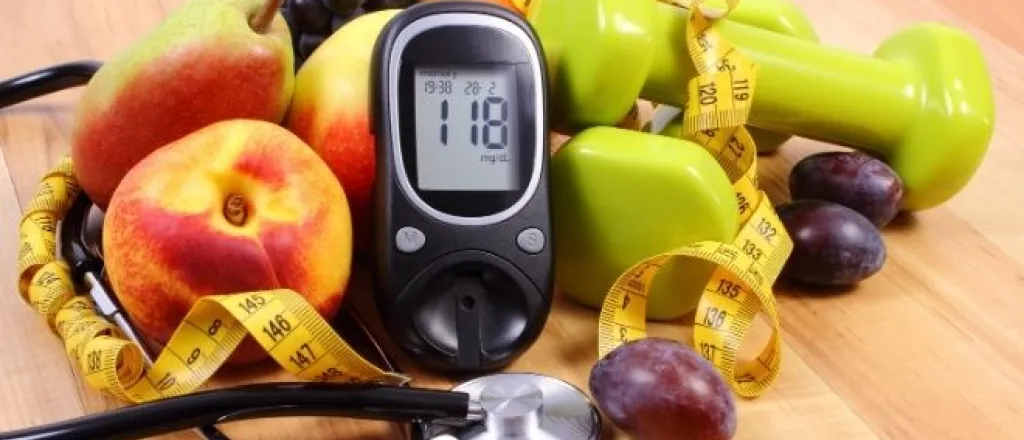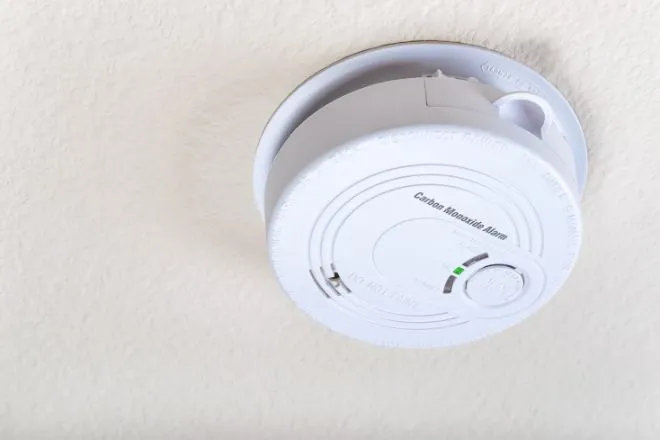
Best Ways To Manage Your Diabetes
Diabetes comes with a multitude of increased health risks, and it can be a challenge to manage every day. Having to keep a watchful eye over your blood sugar levels can make it seem as if you have limited options in your life, whether it’s food or activities. But by knowing the best ways to manage your diabetes, you can tailor your own personal dietary plan and have the energy to enjoy activities. Consult with your doctor to find the plan that best fits you.
Exercise
Being active can promote further activity throughout the day and serve as a way to manage your blood sugar levels. As you take part in physical activities, your body uses up the glucose in your blood to give you the energy to keep going. If you do it on a regular basis, exercise can aid in the regulation of your body’s blood sugar levels.
What Kind of Exercise?
Exercise doesn’t have to be strenuous marathons or heavy weight lifting sessions. They can be as easy as doing housework or going out for a walk. As long as you’re up and active, that’s what counts.
Diet
Living with diabetes means you need to avoid certain foods to stay healthy, but that doesn’t mean you have to restrict your diet. Plenty of foods, meals, and diets are not only appetizing but also nutritious. Proper dieting can be one of the ways to manage your diabetes.
Healthy Eating
Many dishes and healthy diets can help you maintain control over your diabetes while serving as healthy alternatives to typical foods. These healthier options will build upon each other to make your diabetes far easier to manage.
Take Medication
Know what medications you’re taking and which ones will have an effect on your insulin. If you have prescriptions from several doctors, make sure your doctors are all aware of the other medications you’re taking. Failing to let your doctors know what you’re taking can result in dangerous mixes of medications.
Proper Doses
You must always have clear instructions for administering medications. Leave your doctor’s office with no questions about the size of your dose and when you need to take it. Having this knowledge will keep you from over- or underdosing, which can lead to a visit to the emergency room.
Tread Carefully Every Step of the Way
Remaining in constant contact with your doctor through the initial phases of your dietary and lifestyle changes is a necessity. The smallest slip-up can prove dangerous, and tailoring your lifestyle choices with your doctor can help you avoid injury and illness.

















